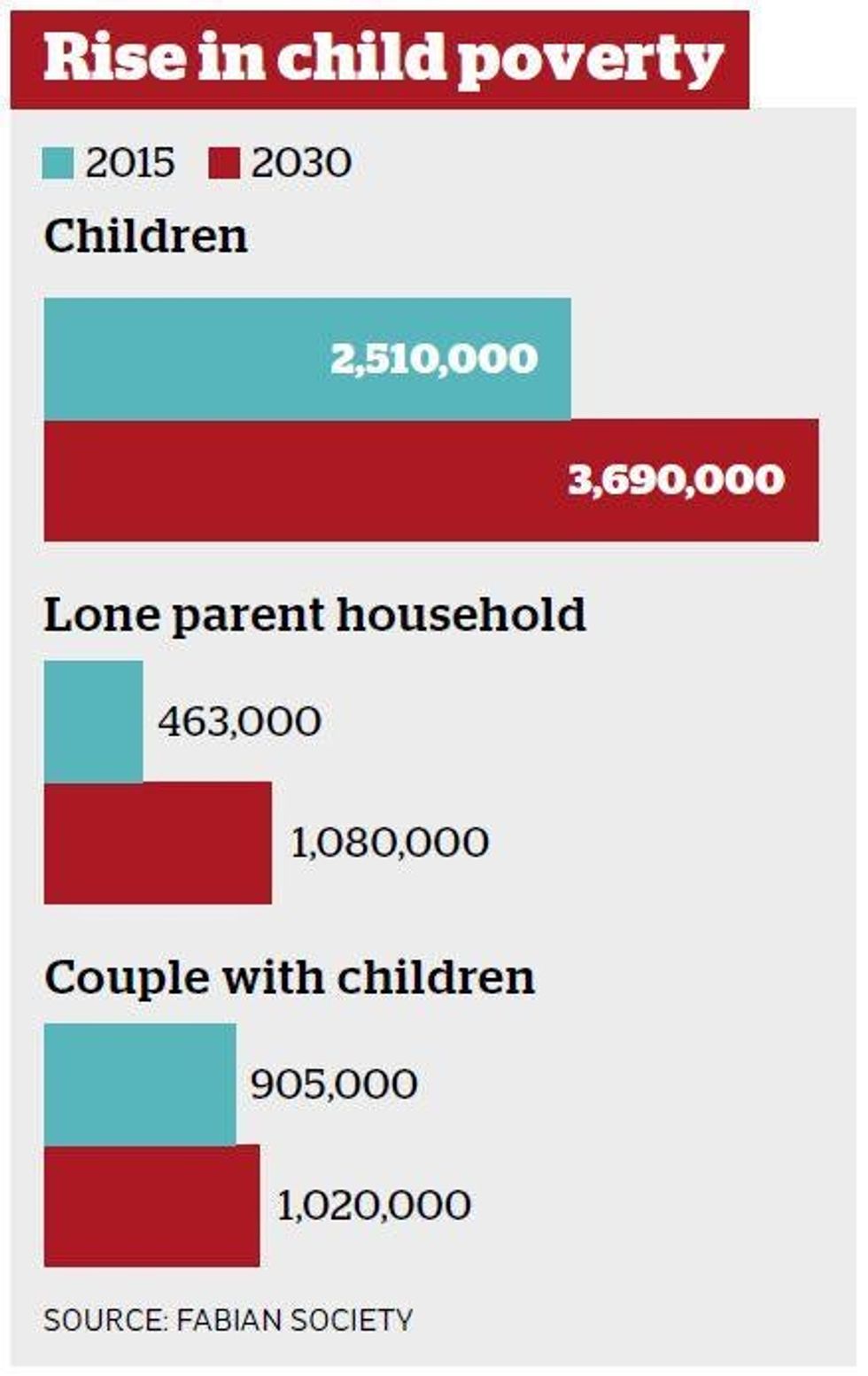News
Indy100 Staff
Feb 25, 2015
George Osborne won praise yesterday for his stewardship of the British economy from the Organisation for Economic Cooperation and Development (OECD).
Angel Gurria, the head of the economic forum said the Chancellor deserved a "pat on the back" and urged him to "finish the job".
Britain's 2.6 per cent growth rate last year was the highest in the G7 and the FTSE 100 closed at a record high yesterday, finishing the day at 6949.63 points – above its previous high of 6,930 on 30 December 1999.
Conservative ministers were happy bunnies yesterday, as their much-trumpeted “long-term economic plan” got the thumbs up from the OECD think-tank.
But the Tories cannot afford to crow. There is growing evidence that Britain’s economic recovery will not be enjoyed by all.
- Andrew Grice, the Independent's political editor
A divided nation
The OECD also warned that while the Coalition’s Help to Buy mortgage subsidies had revived mortgage lending “housing supply has not risen to meet demand”.
Official figures last week showed that quarterly new housing starts in England fell by 20 per cent in the second half of 2014.
According to new research published today, the number of children in poverty in Britain will rise by 1.2 million by 2030 without a dramatic change in government policy.
The Labour-affiliated Fabian Society, basing its figures on a report from the Office for Budgetary Responsibility, forecasts that 3.69 million children will be living in poverty in 15 years – a 47 per cent increase – even though the three main parties have pledged to eliminate child poverty by 2020.
According to the Independent's Andrew Grice, the findings will fuel a debate over whether Britain could become “two nations” in which the benefits of the economic recovery are not shared by those at the bottom of the ladder.
The picture of Britain painted by this report is hard to stomach. Our projections show that poorer families will see their incomes frozen for the next 15 years, even if the economy does well.
The numbers in poverty will rise and many more families will find themselves unable to make ends meet. Emergency food banks would move from being a temporary phenomenon to an entrenched feature of British life.
- Andrew Harrop, general secretary of the Fabian Society
Meanwhile, pensioners and single parent families are also expected to feel the pinch. The Fabian Society predicts that despite plans to raise the state pension by at least 2.5 per cent a year, poor pensioners would rise from 1.95 million to 2.59 million, while the number of lone-parent households living in poverty would grow from 463,000 to 1.08 million.
To ensure that people rely less on benefits and tax credits, the Fabians call for the national minimum wage to be raised to 60 per cent of median earnings by 2020 and for the Government to set a target of an 80 per cent employment rate.
More: An analysis of George Osborne's record on hitting his growth targets
More: David Cameron wants young unemployed to work for £1.91 an hour
More: Tax avoidance v benefit cuts - What David Cameron did this week
Top 100
The Conversation (0)














